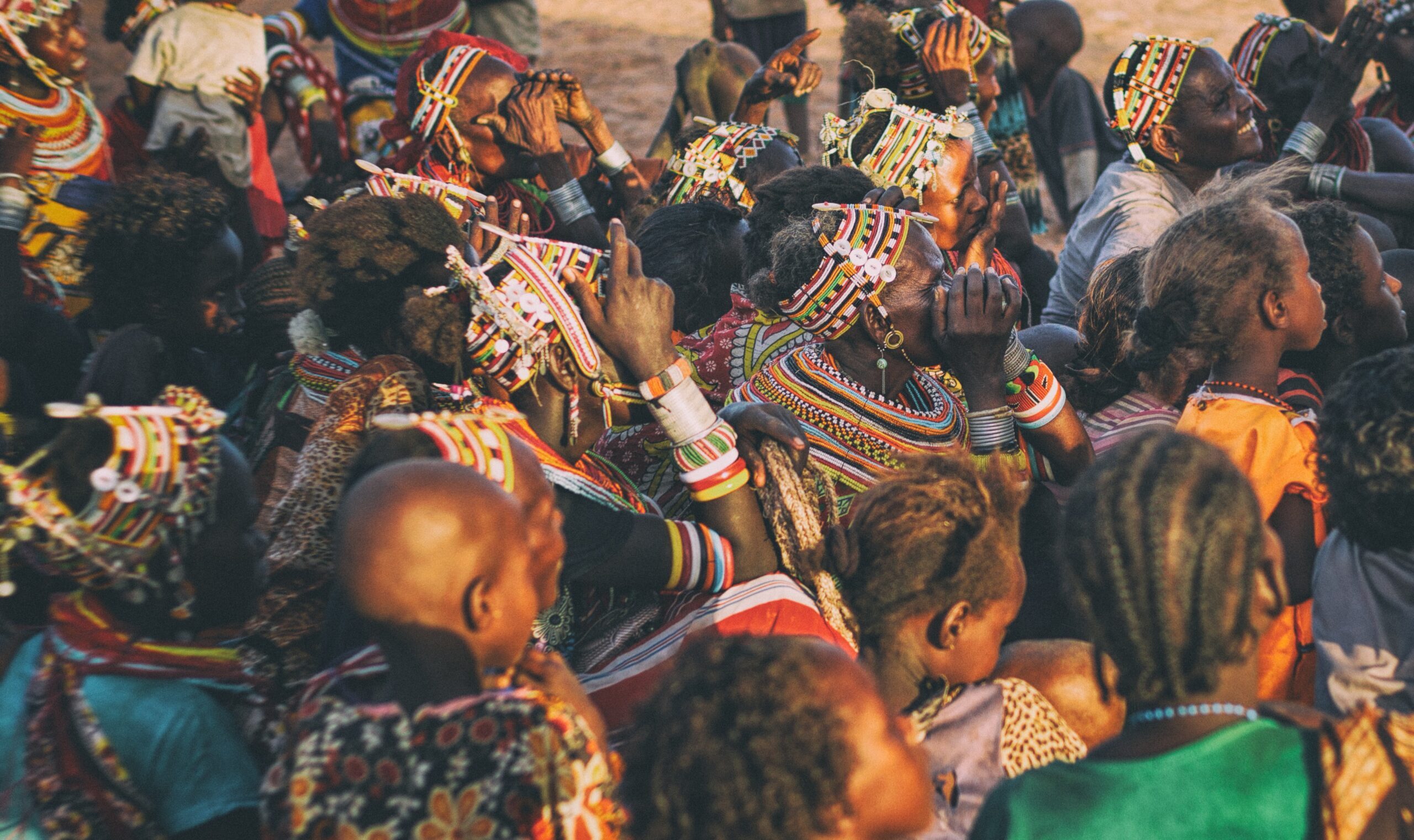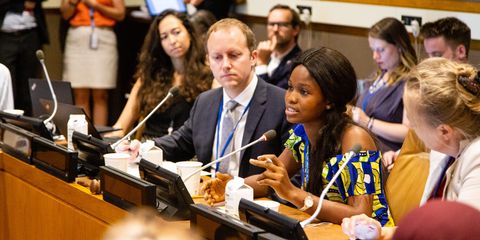Impact of Climate Change on Pastoralist Girls in Kenya
<br>
18 March 2022During CSW66, one youth advocate from a climate-vulnerable community shares the real impacts of the climate crisis on women and girls.

© Ian Macharia, 2018
Author: Abdiah (Project Officer at Pastoralist Community Initiative and Development Assistance (PACIDA) and member of GIMAC Youth Network)
This year, the theme of the 66th Commission on the Status of Women is “Achieving gender equality and the empowerment of all women and girls in the context of climate change, environmental and disaster risk reduction policies and programmes”. As a climate justice champion and advocate of girls and women’s rights, I am calling upon member states and civil society organizations to prioritize adaptation activities for climate-vulnerable communities and increase investment in mitigation and adaptation activities, basing them on gender analysis in order to build more resilient and adaptive communities.
Climate Change is not only about warming of oceans, melting of icebergs, rising sea levels, intense heat waves and extreme weather patterns. For pastoralist communities (nomadic groups who travel with herds of domesticated animals), in Arid and Semi-Arid Lands of Kenya, these uncertain weather patterns expose livestock farmers to severe drought – leading to loss of livestock, depletion of vegetation, food insecurity, environmental degradation, and water scarcity. For pastoralist women and girls, who already face systemic exclusion in decision-making and access to resources (for instance water, education and health), climate change makes an already bad situation worse.
Climate Change, SRHR and Child, Early and Forced Marriage
With severe drought, pastoralist women and girls must travel longer distances in search of water and firewood, which in turn exposes them to an increased risk of sexual and gender-based violence. The loss of livestock, which is pastoralist communities’ main source of livelihood, can lead to an increase in child sexual exploitation, and the risk of adolescent pregnancies.
Depletion in vegetation and increase in water scarcity conflicts has led to the disruption of health services, including sexual and reproductive health services. These services are often limited or unavailable in healthcare centers, making women and girls vulnerable to poor sexual reproductive health outcomes, including unsafe abortion, teenage pregnancy and STIs (including HIV). In addition, women and girls’ ability to manage their menstruation is impaired due to lack of clean water and menstrual products. The lack of adequate facilities and materials, restrictions on girls’ movements during their period, and feelings of shame can also contribute to girls missing school (More information can be found here).
For pastoralist women and girls, who already face systemic exclusion in decision-making and access to resources (for instance water, education and health), climate change makes an already bad situation worse.
Young girls who are unable to attend school due to loss of livelihood are at greater risk of harmful practices, including Female Genital Mutilation and Child Marriage. Many families marry off young girls in exchange for a bride price in order to relieve economic pressure. This remains an obstacle to progression for pastoralist women and girls.
To accelerate transformative climate action among pastoralist communities, it is imperative that:
- Pastoralist women and girls are empowered to claim their environmental rights and actively participate in climate action decision-making processes.
- Customary, informal, and indigenous systems are engaged to protect biodiversity and promote sustainable use of natural resources.
- Pastoral Communities capacity to adapt to climate is strengthened.
- Pastoralist women and girls are meaningfully engaged in climate action decision-making processes.
- Climate action plans need to incorporate investments in health, gender, education and empowerment of women and girls
I believe that empowering and investing in pastoralist women and girls is the only way to achieving resilient and sustainable communities.
Abdiah is one of 14 girls and young women working with Plan International, through the She Leads programme, to participate in the 66th Session of the Commission on the Status of Women.
Categories: Emergencies, Protection from violence, Sexual and reproductive health and rights


